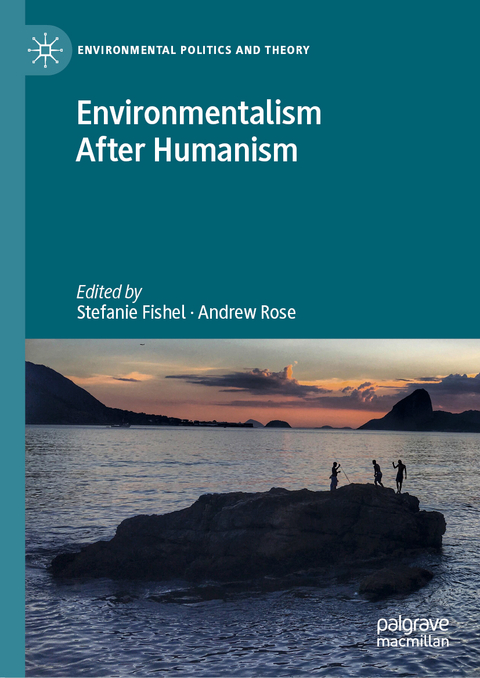
Environmentalism After Humanism
Springer International Publishing (Verlag)
978-3-031-75890-4 (ISBN)
- Noch nicht erschienen - erscheint am 02.03.2025
- Versandkostenfrei
- Auch auf Rechnung
- Artikel merken
This book explores the ways in which one might come to recognize and better theorize the political actor, and the political 'act,' or 'event,' in a post-anthropocentric context. The challenge to contemporary ideas of citizenship, activism, and the state stems not only from the realization that the natural world is inseparable from the social, but that both are the product of hybridized human and nonhuman agencies. As a result, one must be skeptical of any notion of an environmental fix that bases itself upon an exclusively human agency. What new types of citizenship might emerge from posthuman cultures and artforms? What do effective post-anthropocentric organizing strategies look like? As the relevance of the liberal humanist political subject and the conceptual posthuman of political realism recede, theories of national and international politics are now tasked with rethinking a contemporary environmental politics beyond humanism. To better theorize these destabilizations, this collection puts forth the value of thinking across disciplines, wherein a conversation unfolds between political theory and literary theory that meets at the crossroads of environmental humanities and ecopolitical theory.
Stefanie Fishel is a Senior Lecturer in Politics and International Relations at the University of the Sunshine Coast, Australia
Andrew M. Rose is Assistant Professor in English at Christopher Newport University, USA.
Chapter 1: What Comes After Humanism?.- Chapter 2: Speculative Worlds and Terrestrial Politics: Reframing Fictional Disasters with Latour's Down to Earth.- Chapter 3: Posthuman Geopolitical Culture(s): Decentering the State in the Anthropocene Epoch.- Chapter 4: Environmental Activism and Ecological Citizenship: An Examination of Vibrant Matter and Distributed Agency.- Chapter 5: Working With Uncertainty.- Chapter 6: Post-Citizens at the Ends of Poetry: Bruno Latour's Gaia faces Carol Ann Duffy's The Bees.- Chapter 7: Suffering, Monstrosity, Exceptionality.- Chapter 8: The Trapped Elephant in the Humanitarian's Room: Ensuring ecological justice amidst a refugee crisis.- Chapter 9: Other-worldly experiences of protected area adaptive management.
| Erscheint lt. Verlag | 2.3.2025 |
|---|---|
| Reihe/Serie | Environmental Politics and Theory |
| Zusatzinfo | IX, 245 p. 3 illus., 1 illus. in color. |
| Verlagsort | Cham |
| Sprache | englisch |
| Maße | 148 x 210 mm |
| Themenwelt | Sozialwissenschaften ► Politik / Verwaltung ► Europäische / Internationale Politik |
| Sozialwissenschaften ► Politik / Verwaltung ► Staat / Verwaltung | |
| Sozialwissenschaften ► Soziologie ► Spezielle Soziologien | |
| Schlagworte | activism • Anthropocene • Eco-feminism • Ecological citizenship • Environmentalism • post-human |
| ISBN-10 | 3-031-75890-0 / 3031758900 |
| ISBN-13 | 978-3-031-75890-4 / 9783031758904 |
| Zustand | Neuware |
| Informationen gemäß Produktsicherheitsverordnung (GPSR) | |
| Haben Sie eine Frage zum Produkt? |
aus dem Bereich


